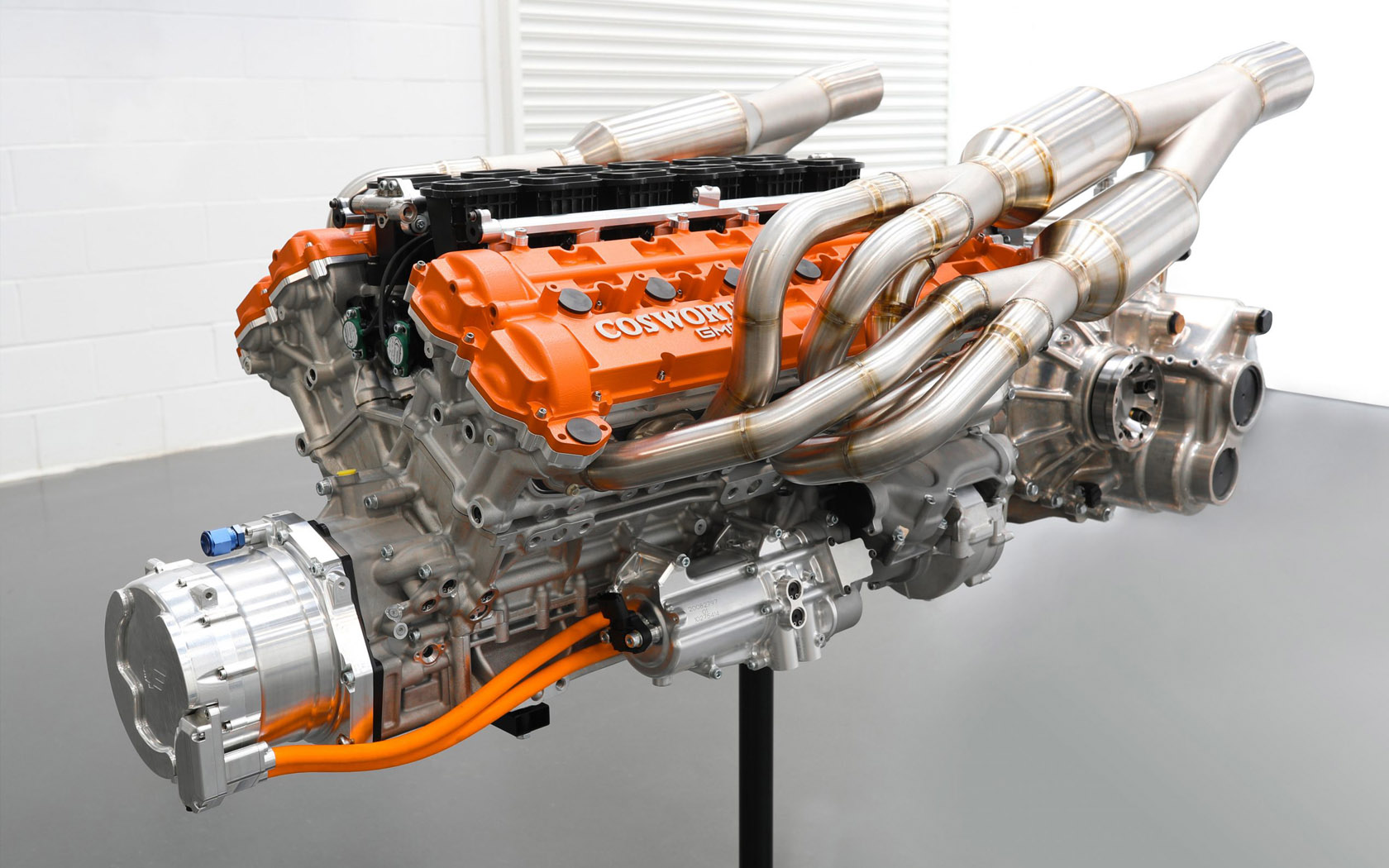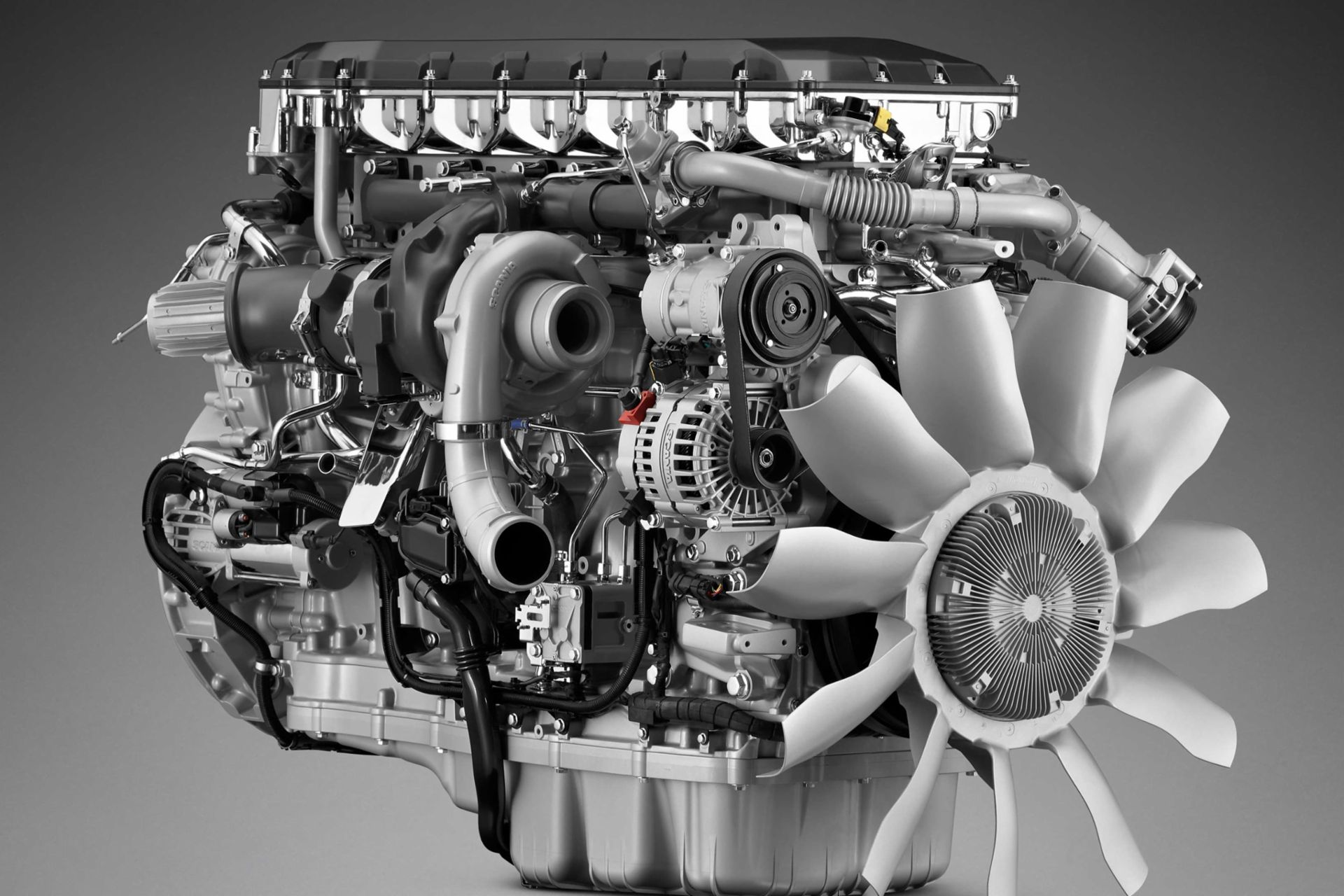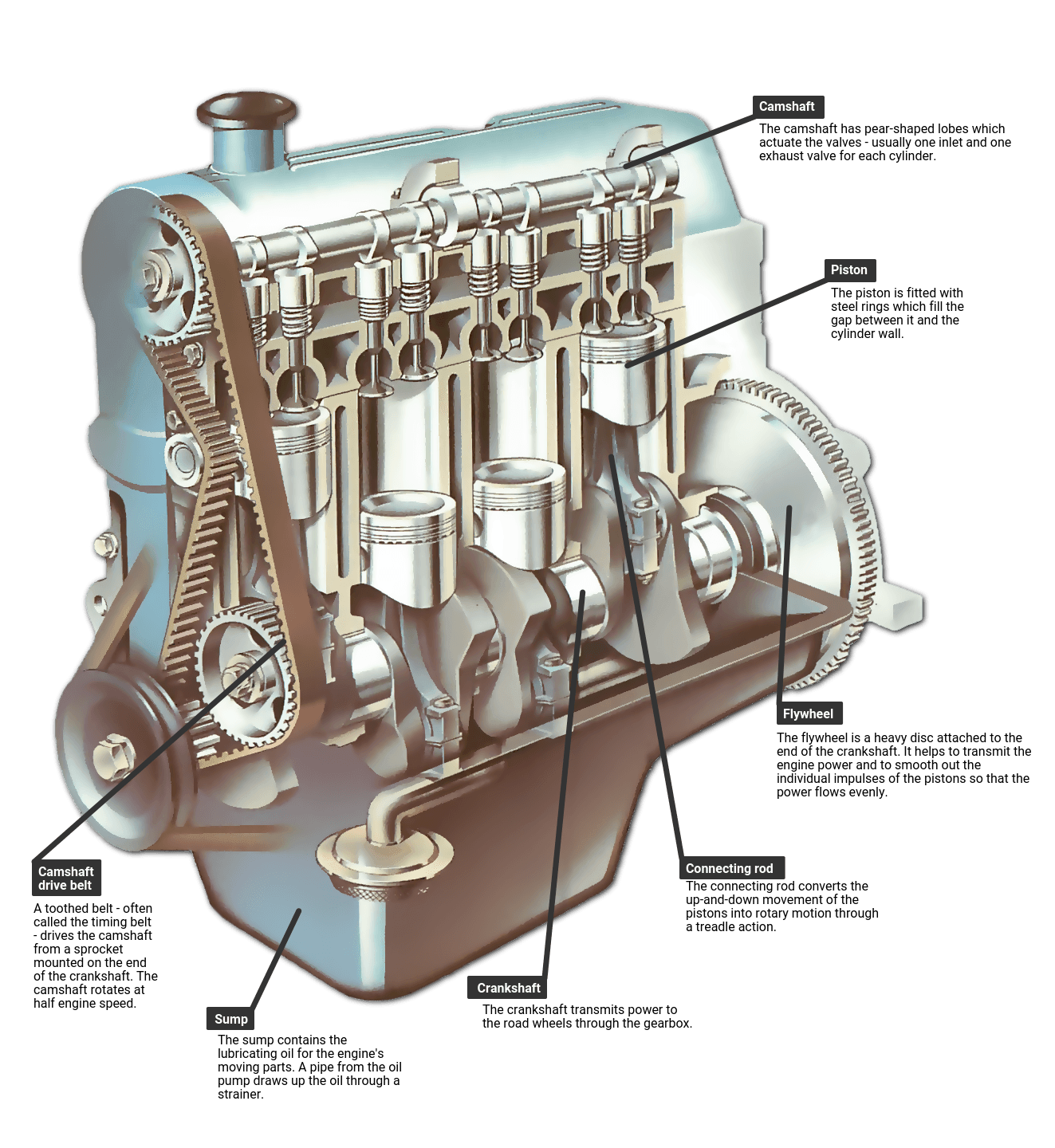Making Certain Long-Term Performance with Engines For Africa Products
Making Certain Long-Term Performance with Engines For Africa Products
Blog Article
Explore a Wide Variety of Engines for every single Vehicle and Function
The vehicle landscape is increasingly complex, with a diverse range of engine types developed to satisfy certain efficiency and performance needs throughout different automobile groups. From the high-performance engines that power sporting activities autos to the fuel-efficient alternatives customized for day-to-day travelling, the selections are huge and varied. Furthermore, heavy-duty engines serve the needs of job vehicles, while eco-friendly alternatives are gaining grip in the search of lasting transportation. Understanding these differences is critical for making educated decisions, particularly as arising modern technologies remain to shape the future of automotive design. What ramifications might these improvements hold for consumers and producers alike?
Types of Automotive Engines
Automotive engines can be categorized right into numerous unique types, each made to satisfy particular efficiency and effectiveness requirements. The most usual classifications consist of internal burning engines, electrical engines, and hybrid systems.

Electric engines, on the other hand, operate electric power stored in batteries, offering instantaneous torque and absolutely no exhausts. These engines are ending up being progressively prominent as a result of advancements in battery modern technology and the expanding focus on sustainability.
Crossbreed systems integrate both internal burning and electrical engines, enabling cars to maximize fuel performance and decrease exhausts by flawlessly changing between power resources. Each engine type provides its drawbacks and benefits, affecting factors such as car design, meant usage, and market demand. When choosing the ideal engine for their details needs., understanding these differences is vital for customers and manufacturers alike.
Performance Engines for Sports Cars
Performance engines for sports cars and trucks are especially crafted to deliver enhanced agility, speed, and power, establishing them besides common automotive engines. These engines often utilize advanced technologies such as turbocharging, supercharging, and variable valve timing to maximize efficiency and responsiveness.
Generally, performance engines are designed with higher compression proportions, which enable better power removal from fuel. This leads to outstanding horsepower and torque figures, enabling rapid velocity and greater full throttle. The light-weight materials made use of in these engines, such as light weight aluminum and carbon fiber, contribute to reduced total car weight, enhancing handling and ability to move.
Engine setups like V6, V8, and also hybrid systems prevail in performance sporting activities autos, each offering special benefits in regards to power shipment and driving characteristics. The tuning of these engines is additionally vital; many suppliers enhance the engine management systems to supply a thrilling driving experience, typically including sporting activity modes that adjust throttle response and gear changes.
Efficient Engines for Daily Commuters
In the world of day-to-day commuting, effective engines play an essential function in maximizing fuel economic situation and reducing exhausts while providing trusted performance. As metropolitan populaces grow and environmental problems heighten, the need for vehicles geared up with reliable powertrains has actually surged.
Modern engines created for day-to-day commuters typically include technologies such as turbocharging, direct gas shot, and crossbreed systems. Turbocharging enhances engine efficiency forcibly even more air right into the burning chamber, permitting smaller, lighter engines that do not jeopardize power outcome. Straight fuel injection enhances fuel atomization, causing far better burning and increased efficiency.
Hybrid engines, combining interior combustion with electric power, additional increase gas economic situation, specifically in stop-and-go traffic, where conventional engines can struggle with ineffectiveness. Electric electric motors aid throughout velocity and can run individually at reduced rates, lowering total gas intake.
Additionally, innovations in engine monitoring systems and light-weight products add substantially to effective engine style. By focusing on performance, sturdiness, and environmental sustainability, manufacturers continue to supply engines that not just fulfill the needs of everyday commuting but additionally straighten with international efforts to decrease carbon footprints.
Heavy-Duty Engines for Job Autos
Durable engines for work vehicles are routinely engineered to deliver outstanding torque and dependability under demanding problems. These engines are created to carry out in settings where standard engines may fail, such as building and construction sites, logging procedures, and farming settings. The key focus of sturdy engines is their ability to generate high levels of power while keeping toughness over extended durations of operation.
Commonly, durable engines utilize sophisticated materials and robust construction methods to withstand the roughness of hefty workloads. Attributes such as strengthened cyndrical click here now tube blocks, enhanced air conditioning systems, and advanced gas shot innovations add to their efficiency. These engines often operate at reduced RPMs, which assists to maximize fuel effectiveness while offering the essential power for hauling and lugging.
Along with mechanical effectiveness, durable engines are frequently outfitted with sophisticated digital control devices (ECUs) that manage performance, discharges, and diagnostics. This assimilation permits much better surveillance and maintenance, making certain that work cars continue to be reliable and functional.
Ultimately, sturdy engines are a necessary element in the productivity of various sectors, offering the essential power and integrity to take on the hardest of tasks.
Eco-Friendly Engine Options
The growing emphasis on sustainability has led to the growth of environment-friendly engine options that prioritize reduced discharges and boosted fuel effectiveness. These engines are made to minimize the environmental impact of automobiles while still supplying the efficiency and integrity expected by customers.
Among the most remarkable eco-friendly options are electrical and hybrid engines. Crossbreed engines incorporate typical inner burning engines with electric propulsion, permitting lowered gas intake and lower greenhouse gas discharges. Electric engines, on the other hand, run completely on battery power, generating no tailpipe discharges and adding to cleaner air high quality.
One more appealing advancement is the development of biofuel engines, which use renewable energies, such as plant materials, to power cars (Engines For Africa). By utilizing biofuels, these engines can decrease dependence on fossil fuels and reduced general carbon impacts

As the auto sector advances, eco-friendly engine options will play a critical function in driving the transition towards even more lasting transportation options.
Final Thought
From high-performance engines that improve sporting activities cars and truck abilities to effective models focusing on gas economy for daily commuters, each type learn the facts here now serves a specific function. Durable engines cater to durable job lorries, while environmentally friendly options, such as electric and biofuel engines, promote sustainable transport.

Report this page